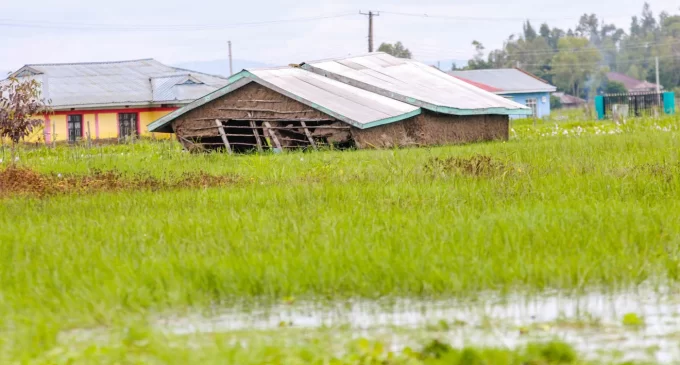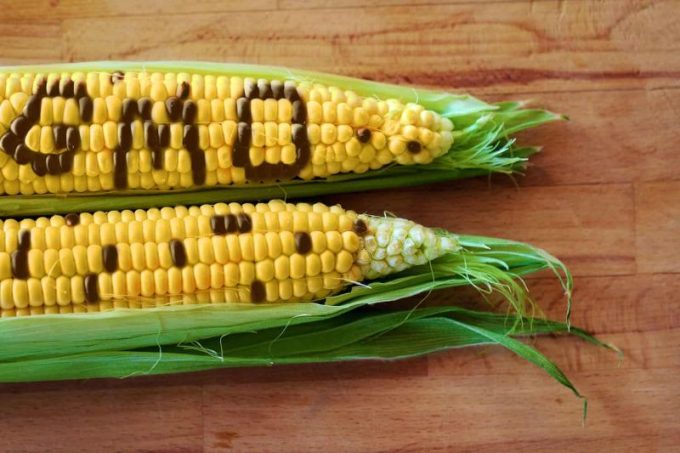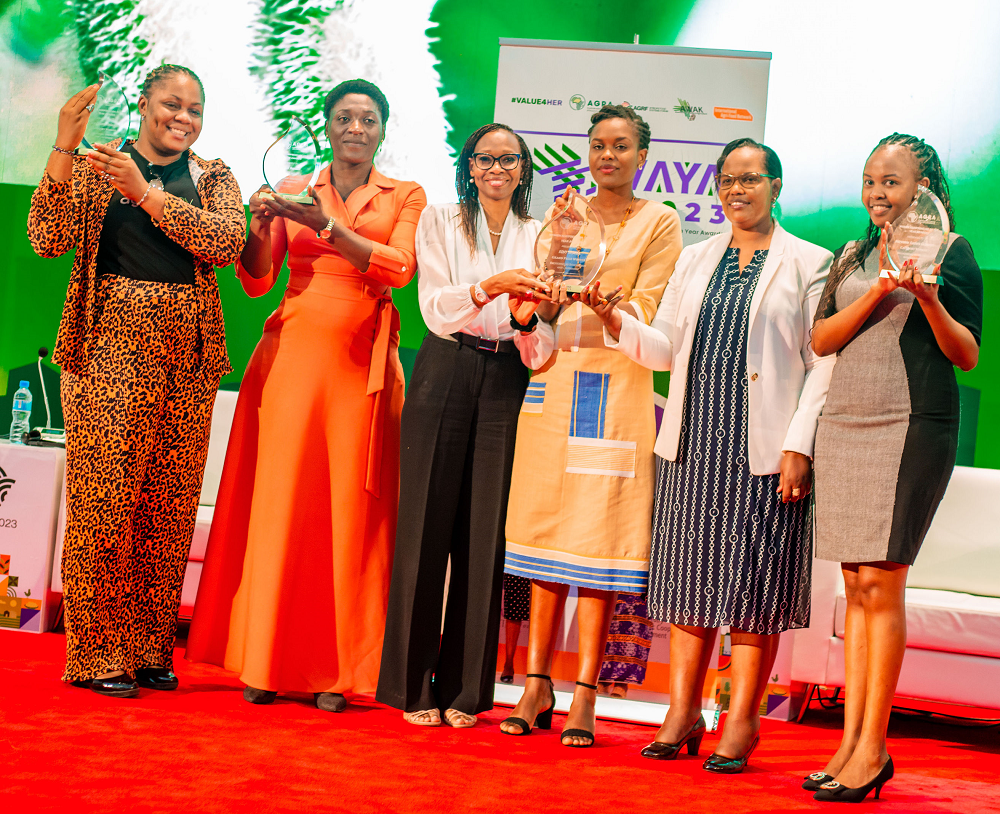You have probably heard people talking about Bamboo farming – how it is transforming lives across Kenya and how it has the potential to transform you from a middle-income earner into a millionaire in record time.
Bamboo farming is popular in China and the US where it is grown for medicinal, ornamental purposes and feeding of panda.
Back home in Kenya, this type of farming is peaking with potential demand coming from construction companies, landscapers and even beer manufacturers. It can replace poor performing crops like, maize, sugarcane and even coffee.
Getting Started: Virtually anyone can venture into this line of business. Actually, there are no stiff requirements for getting started. You only need adequate land (at least one acre) and the right information.
The beauty of bamboo plants is that they can grow in any region where maize, wheat or any other crop that belongs to the grass family thrives. Below are some quick tips for choosing the ideal piece of land for planting bamboo:
- Well-drained soil; not in a swampy area
- Spacious piece of land with adequate sunlight
- Spacing of 5ft in between plantlets
- Moderate supply of rainfall
- Soil pH – 6.5 – 8 pH
Where To Get Seedlings: You can get good seedling from a certified nursery in your area. However, before you buy, it is important you talk to a Ministry of Agriculture extension officer in your region. The average price per seedling is Ksh180 to Ksh250 – this can change depending on the amount of seedlings bought and as it commercial value grows.
Return on Investment: Think of Bamboo farming as a long-term investment – pretty much the same way you would buy a plot of land and leave it to gain market value before re-selling it for profit. Bamboo plantlets normally take 3 to 4 years to mature.
Input costs: If you were to plant bamboo on say a one-acre piece of land, you would need to spend the following (estimated) amounts:
- 200 bamboo seedlings x Ksh. 200 = Ksh40,000
- Tilling of land and labor = Ksh25,000
- Fungicides = Ksh10,000
- Transport and Harvesting = Ksh50,000
- Miscellaneous = Ksh10,000.
- That brings you to an estimated total of Ksh135,000.

Bamboo can produce very pricey products.
How much to expect in return: Each bamboo plantlet produces multiple shoots during its lifetime. For example, a young plant may produce three shoots within two months time. Next season, those three shoots plus the mother plant may produce three shoots each and so on. Fast-forward four years, the single plant you planted will have produced sixty canes stretching up to 30 feet in height.
Now let us say you sell each pole at a throw-away-price of Ksh100, how much will you get from a single plant (which you bought for Ksh200)? 60×100=Ksh6,000. Now, Multiply Ksh6000 by the number of shoots in your farm, how much do you get? Ksh6000X200 = Ksh1,200,000.
The only disadvantage with bamboo plants would be that they are only commercially useful from year 4 to years 6 after planting.
SEE: Government to support bamboo farmers
Market: While market is readily available, you may have to do a bit of marketing just to create sustainable demand for your product. The three years that you would have to wait for the crop to mature should be enough for you to create a buzz around your farm so that you are assured of earning from your sweat when the day of harvest arrives.
Apart from direct marketing, you can get a little innovative to create and sell bamboo products. Examples of products you can produce and sell to a ready-market include bamboo matchsticks, toothpicks, bamboo charcoal or even bamboo beer and furniture. You can also create nice art products with it and start selling to individuals and corporate in your area. (copyright: Kuzabiashara)
[crp]














how is the demand in Kenya
The bamboo plant is the only solution to curb grobal warming issues let’s plant more trees
Good to know all these.I too got over 209 bamboo trees
I have learnt alote about the Bamboo plant
Where can I get bamboo seedlings?
As a businessman am so much impressed,I must try it out as it doesn’t need much input.
hi, where can I sell afew stems of bamboo
I have many stems of bamboo,where can i sell them
Evance osodo get in touch and can show you how to start….
Good information. My trees are now 3 yeas old. While I wait for the trees to mature how can I use them to make toothpicks, MATCH STICKS, CHARCOAL, BAMBOO BEER, FOOD etc. Advice please.
Good information ,How can I get the seeding to grow
Fantastic idea
I have planted bamboo plants around my homestead not for commercial purposes but to act as flowers. I didn’t know they can be of value.
Bamboo is a highly beneficial grass that is a source of cheap and sustainable raw materials with unrivalled contribution towards climate change control. I have a significant bamboo nursery where seedlings can be acquired. 0708216142.